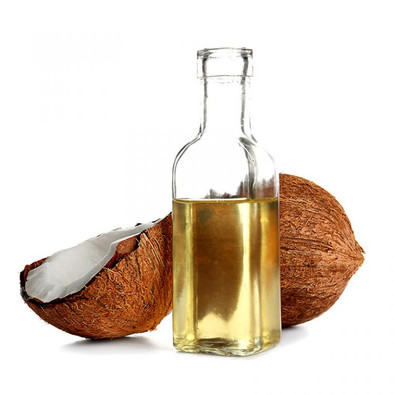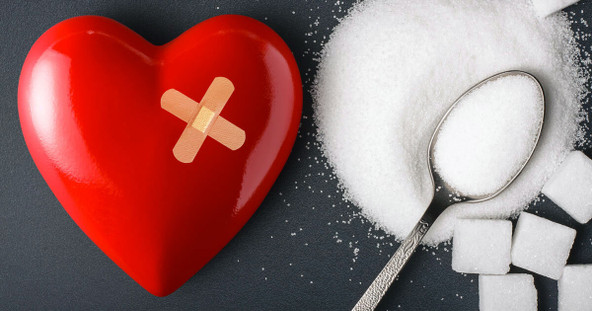Nov 3rd 2025
Fructose Malabsorption and Bowel Disorders
Irritable bowel syndrome (IBS) is a disorder characterized by abdominal pain or discomfort, along with chronic diarrhea, constipation, or both—either mixed or in alternation. Its impact ranges from mild inconvenience to severe debilitation. The economic burden of IBS to our country was estimated at $30 billion yearly in 2007. It affects 25-45 million people in the US, about 10-15% of the population worldwide. Studies indicate IBS is rare in underdeveloped countries and increases as countries (and their diets) become westernized. Women are twice as likely as men to be afflicted with IBS.Recurrent abdominal pain (RAP) isn’t restricted to adults. It’s been estimated that up to 25% of school-aged children worldwide suffer from RAP, and that about 60% of RAP is actually IBS. Although factors such as stress, hormonal fluctuations, and food allergies and sensitivities can trigger IBS and RAP, their causes are unknown.However, research done in the last twenty years indicates that for anywhere…
read more Fuel your life with the purest vitamins
Fuel your life with the purest vitamins





